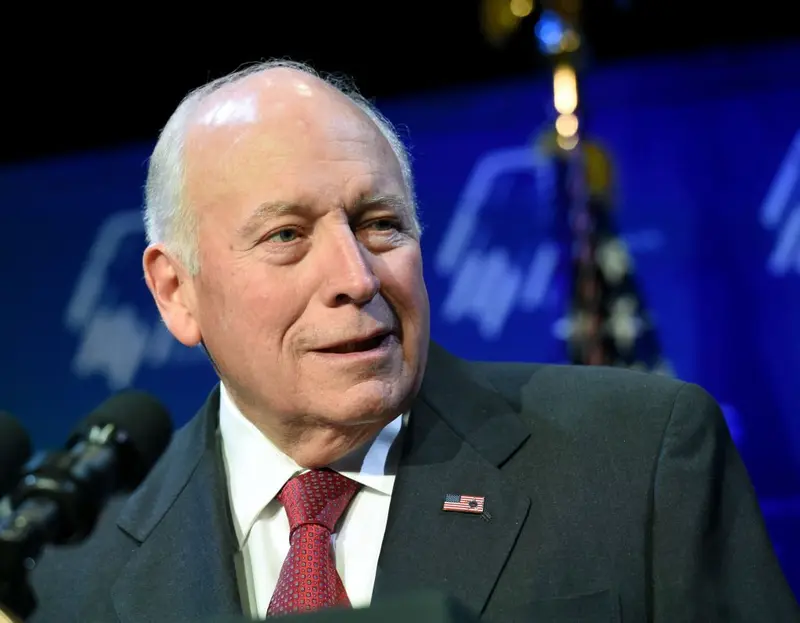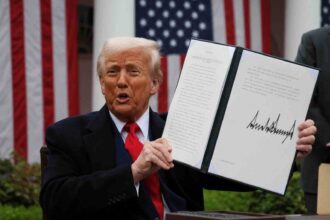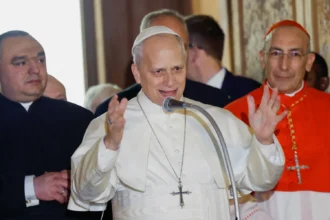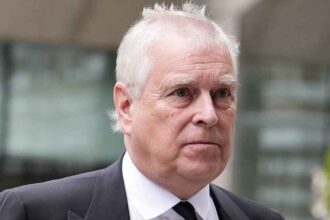- Dick Cheney, 46th U.S. Vice President, dies at 84 after pneumonia battle.
- Family confirms his death in an emotional statement.
- Served under President George W. Bush from 2001 to 2009.
- A central figure in the Iraq War and U.S. foreign policy.
- Once called President Trump a “coward” and endorsed Kamala Harris in 2024.
- Tributes from political leaders and the public continue to flood in.
WASHINGTON, D.C. — Former U.S. Vice President Dick Cheney, one of the most influential and polarizing figures in American politics, has died at the age of 84 after a battle with pneumonia, his family announced Sunday night.
“Richard B. Cheney, the 46th Vice President of the United States, died last night, November 3, 2025. He was 84 years old,” the family said in a statement.
The statement praised Cheney’s decades of public service and his enduring impact on the nation. “Dick Cheney was a great and good man who taught his children and grandchildren to love our country and to live lives of courage, honor, love, kindness, and fly fishing,” it read. “We are grateful beyond measure for all Dick Cheney did for our country. And we are blessed beyond measure to have loved by this noble giant of a man.”
A key architect of post-9/11 U.S. defense policy, Cheney served as Vice President from 2001 to 2009 under President George W. Bush. His tenure shaped the nation’s foreign policy during the wars in Afghanistan and Iraq, decisions that remain debated in political and academic circles alike.
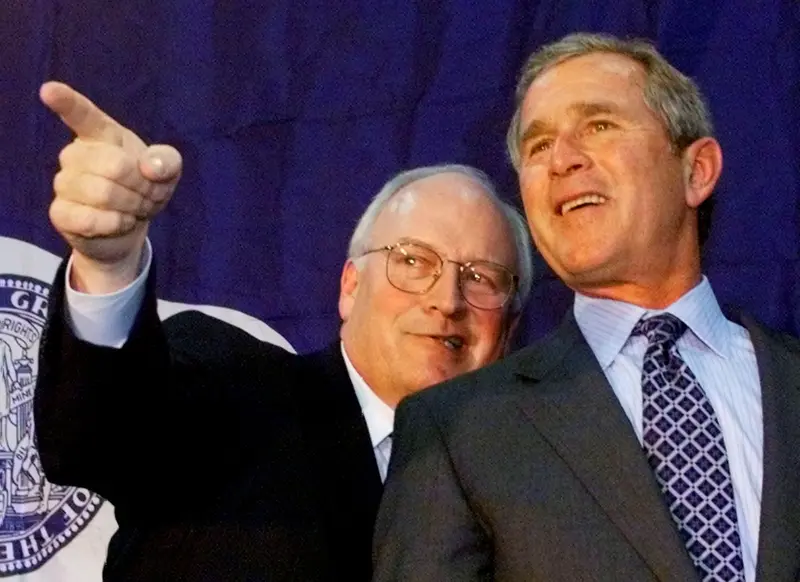
Before the vice presidency, Cheney held several top-level government roles, including White House Chief of Staff, Secretary of Defense, and Wyoming’s sole Congressman. His career spanned more than four decades of national service.
Born in Lincoln, Nebraska, in January 1941, Richard Bruce Cheney began his political journey as an aide to President Richard Nixon. He later became Deputy Chief of Staff and, subsequently, Chief of Staff under President Gerald Ford after Donald Rumsfeld’s departure in 1975.
He entered Congress in 1978 and went on to serve six terms, becoming the House Minority Whip and gaining a reputation for his hard-line conservative positions.
In his later years, Cheney often clashed with the direction of the modern Republican Party. He became one of the most vocal critics of President Donald Trump, calling him a “coward” and “the greatest-ever threat to the republic.” In a rare move for a lifelong conservative, Cheney endorsed Kamala Harris during the 2024 presidential election.
Political leaders from across the spectrum are now paying tribute to Cheney’s legacy, remembering both his strength as a statesman and the controversies that defined his career.



